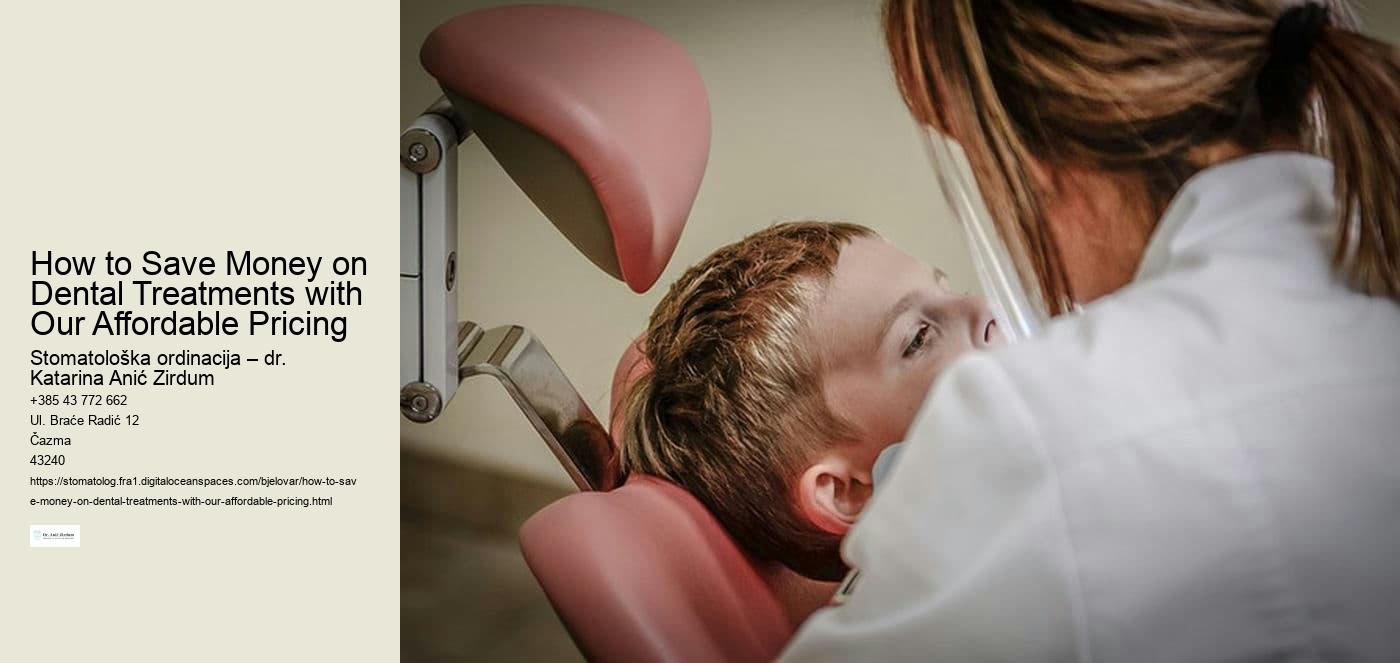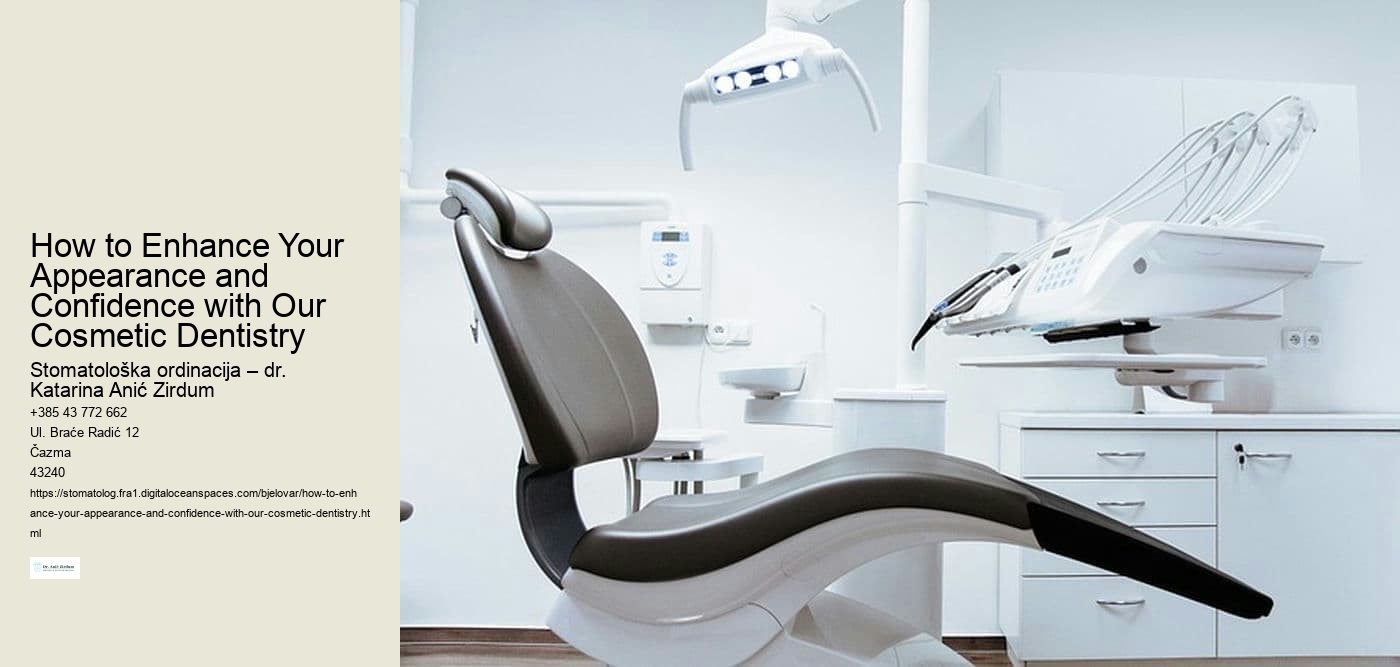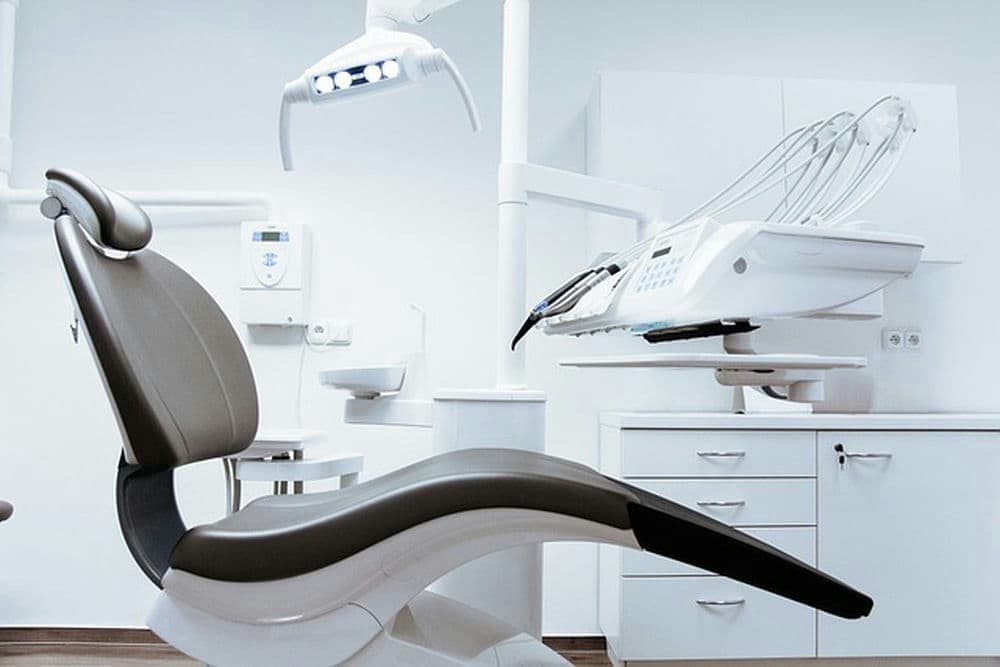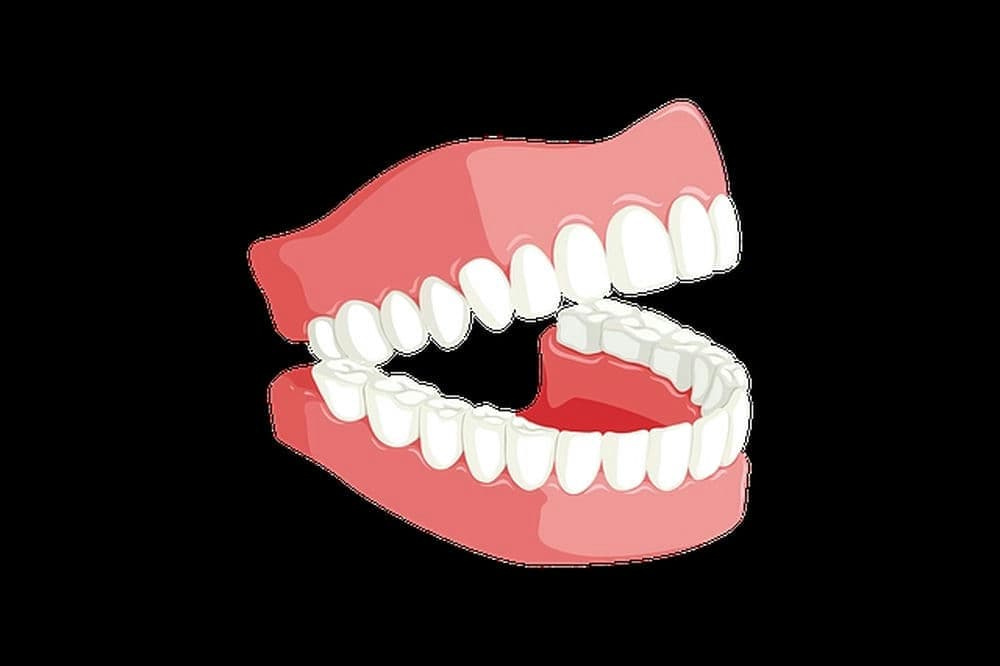all on 6 dental implants cost
Next, your healthcare professional will carefully place the dental implant into your jaw. Close the incisions. Finally, your health practitioner will reposition your gums and close the incision with stitches. The steps for dental implant placement are generally the same for everybody. But every so often, a health care provider can place a dental implant and healing (like a crown or bridge) all in one visit. Most of the time, however, you’ll need a few months for the implant to heal before your dentist can safely place a final recovery.
price of full dental implants
Implants ensure no jaw bone is lost. Progressive bone loss on account of dressed in dentures may cause facial collapse. Over the years bone loss can cause the cave in of the lower third of your face, creating extreme wrinkles, sagging skin and jowls, thinning lips and a sunken-in look. This can significantly age a person’s appearance. Implants prevent bone loss. Dental Implants vs.
full upper dental implants
Dental implants are an excellent and elegant method of changing one, a couple of, or all teeth. Replacement of one toothAn implant can substitute a single missing tooth. This avoids grinding a minimum of two adjacent teeth to make a dental bridge. How long does dental implant remedy take?Every sufferers need is alternative and so remedy length will rely upon the kind of implant you're having, the health of your mouth, gums and bones. Our experienced Implant Surgeons and their teams will keep you well knowledgeable before the remedy and every step of the way, and will come up with an in depth cure plan that can set out the time frames concerned on your implant adventure. The main benefits of dental implants?Replace loose-fitting denturesMaintain bone architecture after tooth lossImprove the look of your smileBoost your confidenceFunction and feel just like natural teethImprove chewing and speakingLong term solutionHigh fulfillment rateDental implants are a fixed solution for lacking teeth that are the closest possible substitute for natural teeth.
bad dental implants
It’s difficult to keep any denture perpetually stable due to wear on the bony ridges that dentures clasp onto. The most difficult aspect of dentures, and the unhealthiest, is their poor chewing ability. many ought to limit their diets because they're unable to chew sure foods with their dentures. If you are finding out among classic dentures or an implant-supported restoration, here are some things to trust. Dentures often ought to be kept in the mouth by using a dental adhesive. This occasionally requires re-glues after meals.
dental implants cost for seniors
With implants, there’s nothing covering the roof of your mouth to intervene with your sense of taste or other normal activities. Implant-supported dentures can even be fabricated without a palate. Dentures can slip out while eating or communicating. Implants and implant-supported dentures are securely anchored and won’t slip out. It’s hard to chew with dentures and you can’t eat a large number of food you like or need. Dentures can move whenever you chew, that is traumatic, and also makes it difficult to chew! In fact, dentures generally have only 10% or less of full chewing power.
More


local dental implants
Are dental implants safe?Yes, dental implants are safe when placed by a talented and skilled health practitioner. Dentists have suggested dental implants for over 50 years. As long as you have healthy teeth and gums and commit to practising good oral hygiene, dental implants can be a lifelong answer to tooth loss. What if a dentist told me that I don’t qualify for dental implants due to bone loss?If a dentist has told you that you’re not a candidate for dental implants due to bone loss, there’s nothing wrong with getting a second opinion. While it’s true that some people don’t qualify for dental implants, you might be eligible for regenerative techniques like dental bone grafts or sinus lifts. These approaches can add density to areas of bone loss and doubtlessly increase your candidacy for dental implants.
Last updated today.

removable dental implants
many must limit their diets as a result of they're unable to chew bound foods with their dentures. If you are finding out among basic dentures or an implant-supported recuperation, here are some things to agree with. Dentures often have to be kept in the mouth by using a dental adhesive. This on occasion requires re-glues after meals. An implant-supported denture calls for no adhesive. Dentures need to be removed for cleaning.
Last updated today.

